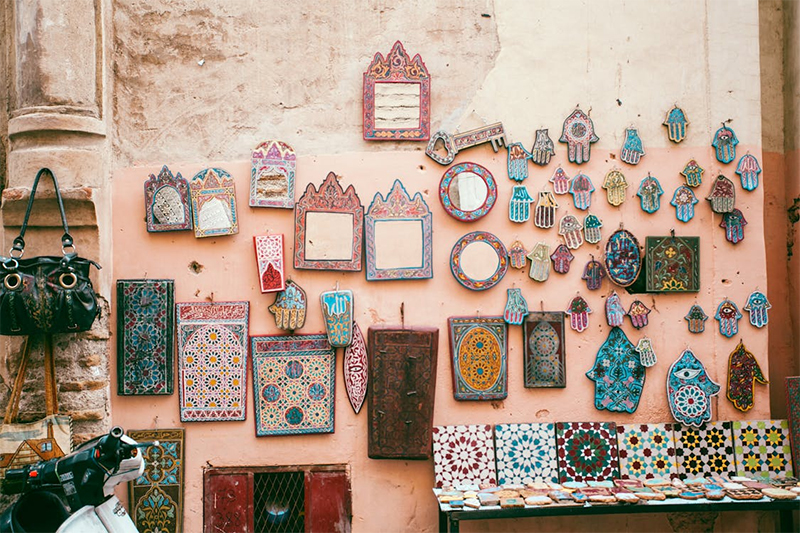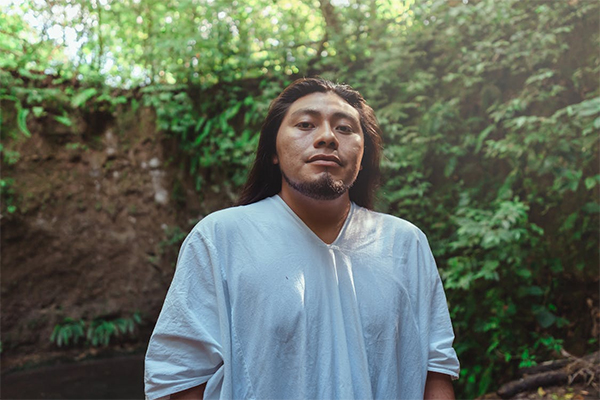Indigenous Insights: Learning from Native Cultures
Traditional knowledge and wisdom make part of the wealth held by Indigenous cultures, making modern society find it invaluable for insights. The knowledge is, according to the perspective, within the limits of sustainable practices whereby native communities with very intimate links with their land and environment live and work with nature in harmony. Indigenous peoples carry the full ecological systems and preserve the importance of our natural heritage by virtue of their cultural practice and resilience to adversity. In the light of such teaching, we may find our way to a much more balanced and respectful relationship with the planet, a relationship that would include stewardship and mindful activity in our dealings with the environment.
Traditional Knowledge and Wisdom
Native cultures are very deep with reservoirs of traditional knowledge and wisdom that hold priceless lessons for contemporary society. Hence, therefore, indigenous communities in their sustainable practices know how-to live-in harmony with nature and the environment. We might even learn to make a more balanced, respectful relationship with the planet that would breed greater stewardship and mindfulness towards our surroundings.
Connection to the Land and Environment
Indigenous communities have close relations with land and environment, which are the strong base for their cultural identity and survival. Native cultures have had very close interactions with the environment for generations and thus have a deep understanding of the ecological systems and the balance of the delicate ecosystems. This powerful bond between them does not fulfill only their physical need, but it helps to fulfill the spiritual bond with the earth. One of the interconnectedness of all living beings that are supposed to be kept with a lot of value for this natural heritage.
Cultural Practices and Traditions
In the indigenous culture, many rich tapestries of cultural practices and traditions encapsulate the collective wisdom and heritage that customs carry in their storytelling, rituals, and forms of art which serve as lively expression of value and their dissimilar identifications. Such traditions make us appreciate our worldviews diversely and take pride in the legacy of indigenous communities. Preserving and following such cultural practices could be a way of mutual respect in societies.
Resilience and Adaptability
Native cultures exemplify remarkable resilience and adaptability in the face of adversity and change. After thousands of years of this life practice, it is without saying that they have mastered their flexibility skills and, for the most part, dance with the curveballs thrown at them, being able to come up with new solutions to old problems. This resilience is not a strategy of surviving but a testimony to the native peoples whose power inspires flexibility and fullness of life amidst a world in constant change.
Indigenous communities hold traditional knowledge and wisdom that are squarely outlined in how we could forge a harmonious relationship with the planet. Their connectedness to the land, rich practices, and extreme resilience have to serve as guidelines for increased sustainability and mindfulness in life. Through respect and embracing these valuable teachings, one is able to humanly develop a much deeper respect for nature with a collective sense of stewardship not bound by any boundaries, reflecting rather through the ages, their native strength and spirit.
Photo Attribution:
1st & featured image by https://www.pexels.com/photo/traditional-oriental-decorative-souvenirs-presented-in-local-market-4947047/
2nd image by https://www.pexels.com/photo/portrait-photo-of-man-wearing-white-traditional-clothes-7177724/






